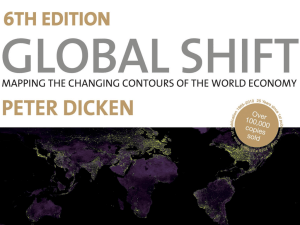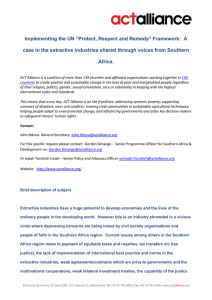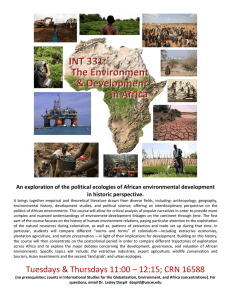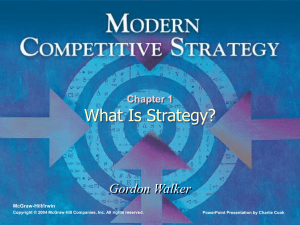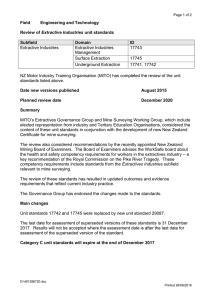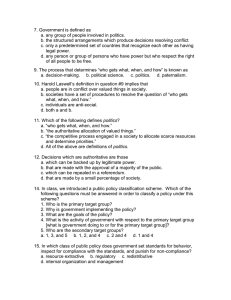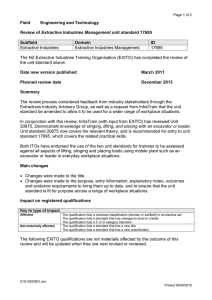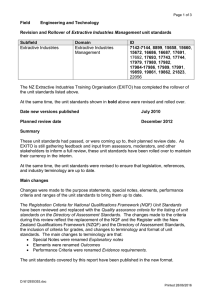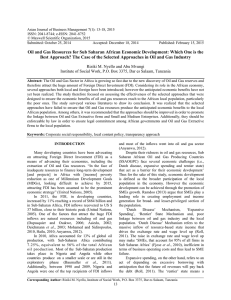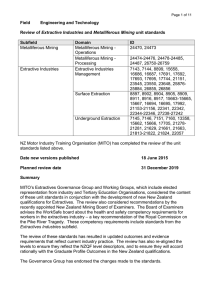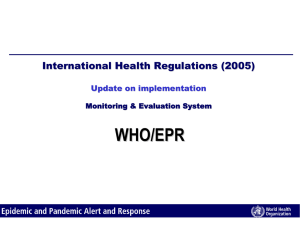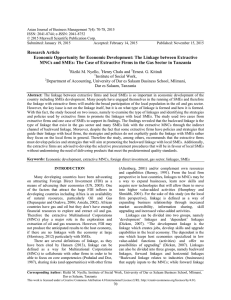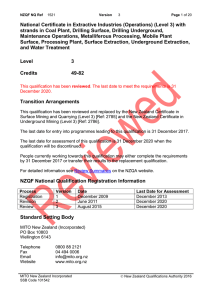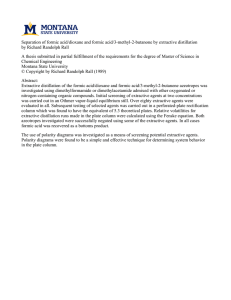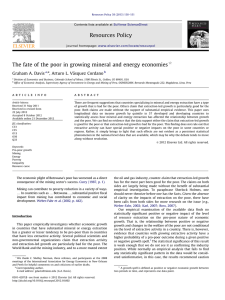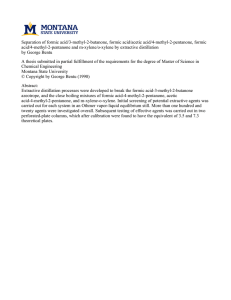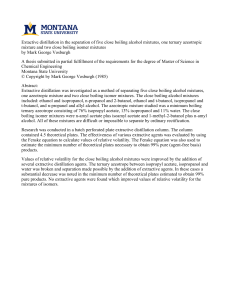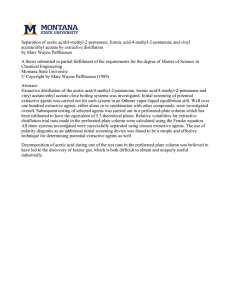Workshop on International Law, Natural Resources and Sustainable Development
advertisement
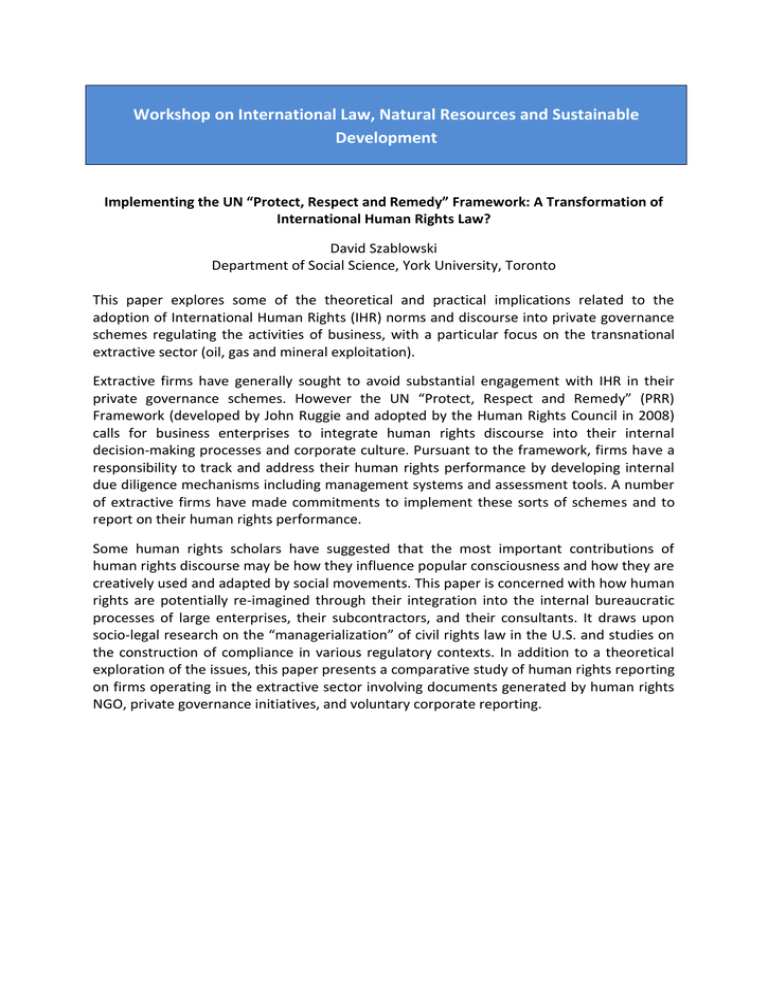
Workshop on International Law, Natural Resources and Sustainable Development Implementing the UN “Protect, Respect and Remedy” Framework: A Transformation of International Human Rights Law? David Szablowski Department of Social Science, York University, Toronto This paper explores some of the theoretical and practical implications related to the adoption of International Human Rights (IHR) norms and discourse into private governance schemes regulating the activities of business, with a particular focus on the transnational extractive sector (oil, gas and mineral exploitation). Extractive firms have generally sought to avoid substantial engagement with IHR in their private governance schemes. However the UN “Protect, Respect and Remedy” (PRR) Framework (developed by John Ruggie and adopted by the Human Rights Council in 2008) calls for business enterprises to integrate human rights discourse into their internal decision-making processes and corporate culture. Pursuant to the framework, firms have a responsibility to track and address their human rights performance by developing internal due diligence mechanisms including management systems and assessment tools. A number of extractive firms have made commitments to implement these sorts of schemes and to report on their human rights performance. Some human rights scholars have suggested that the most important contributions of human rights discourse may be how they influence popular consciousness and how they are creatively used and adapted by social movements. This paper is concerned with how human rights are potentially re-imagined through their integration into the internal bureaucratic processes of large enterprises, their subcontractors, and their consultants. It draws upon socio-legal research on the “managerialization” of civil rights law in the U.S. and studies on the construction of compliance in various regulatory contexts. In addition to a theoretical exploration of the issues, this paper presents a comparative study of human rights reporting on firms operating in the extractive sector involving documents generated by human rights NGO, private governance initiatives, and voluntary corporate reporting.
